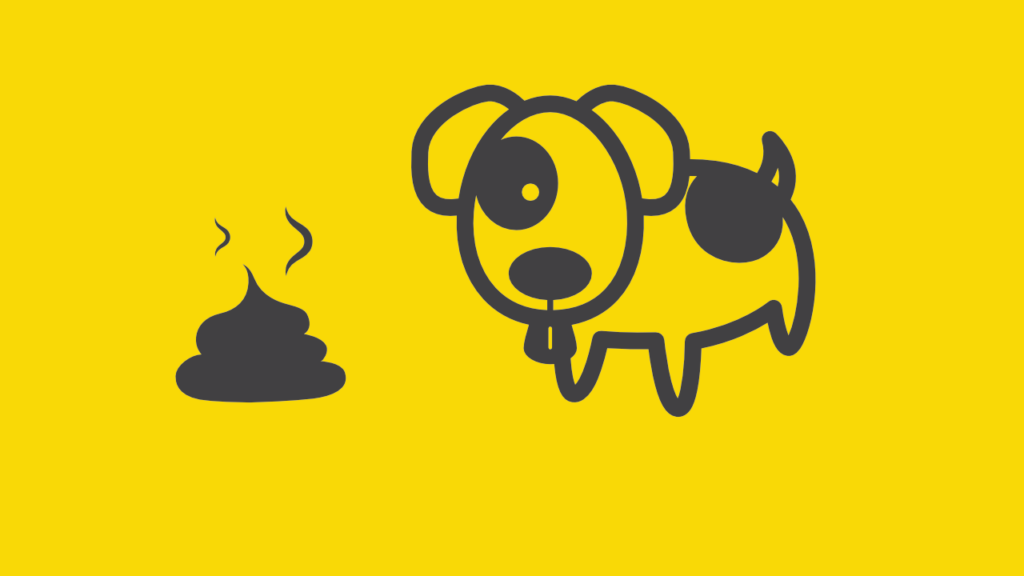How do I stop my dog eating poop?

Eating of poop (their own, other dogs, or other species) is a behaviour that is more frequently seen in young dogs and it’s usually something that they grow out of.
The problem for poop eating enthusiasts is that they will be exposed to all sorts of nasties – most notably intestinal worms, bacteria and others including the protozoal parasite, Giardia.
First step in the short term is to deny access to the poop. They can’t eat it if it’s not there! This certainly isn’t easy, as this step takes hard work and dedication. Picking up and disposing of poop as soon as it has passed requires constant supervision in the yard, both day and night (a torch will help here). When on walks or toilet breaks, using a head collar and lead will help you have good control to avoid this behaviour – if they’re 50m away you’ll have no hope to intervene.
With this intense monitoring of your pooch’s pooping practices, and a quick look at it before it’s disposed of, you can learn a lot about your pets health. Having your dog on a good quality diet with regular eating times should equate to a fairly regular poop schedule and a usual consistency. It should be easy to pick up, not runny and have no presence of mucous or blood. If this isn’t the case you should chat to one of our veterinarian’s for advice.
Another step is to intensely enrich your pups environment. A tired, happy dog is less likely to get into mischief. They need both physical and mental stimulation. This means daily exercise, consider putting meals in slow release devices e.g Kong cube, which gives them something to do whilst getting their reward (their meal!), provide distraction with safe chew toys, treats, or filled Kongs and a rotation of toys.
Finally, set to work on teaching your dog the command ‘leave it’. This is such a valuable skill for your pet to learn and there are many situations, other than poop eating, that you can use this. You would use this in cases of accidentally dropping a food or medication that is potentially toxic to your pet, or for when you’re out and about and there is something questionable at the park or on the pavement.
Always remember prevention is the key, to reward the behaviours that you want, and not to be angry at your mates undesirable (to us!) habit. And just to be safe, ensure they are regularly wormed with an appropriate all wormer.